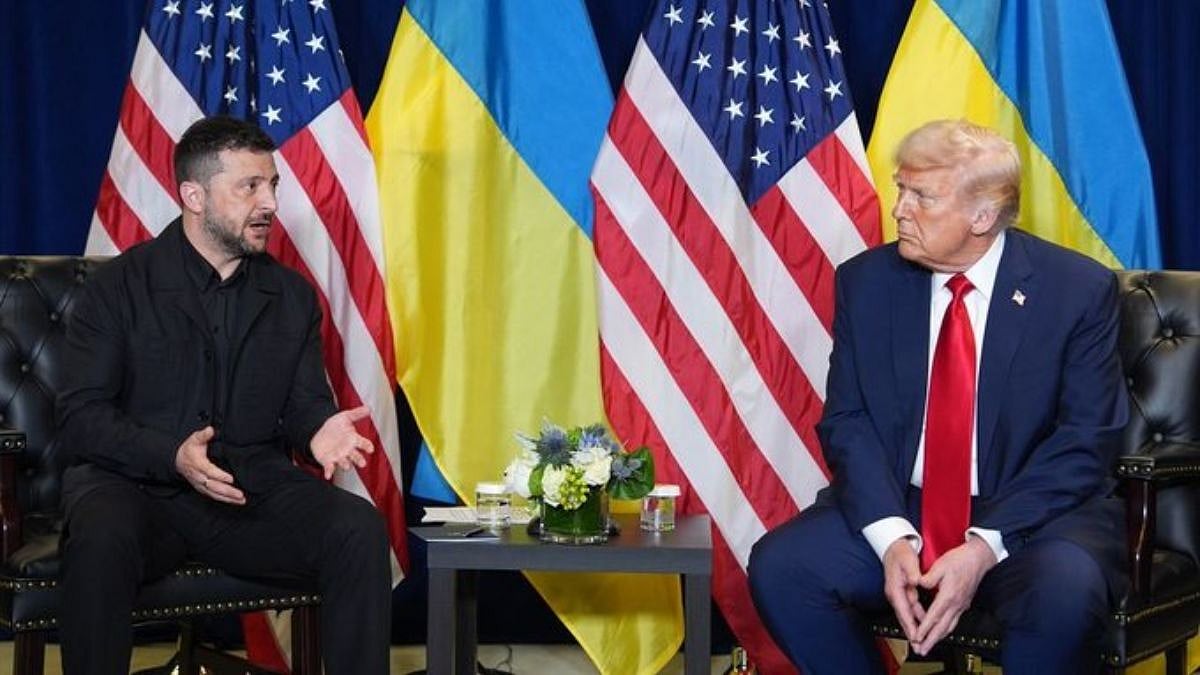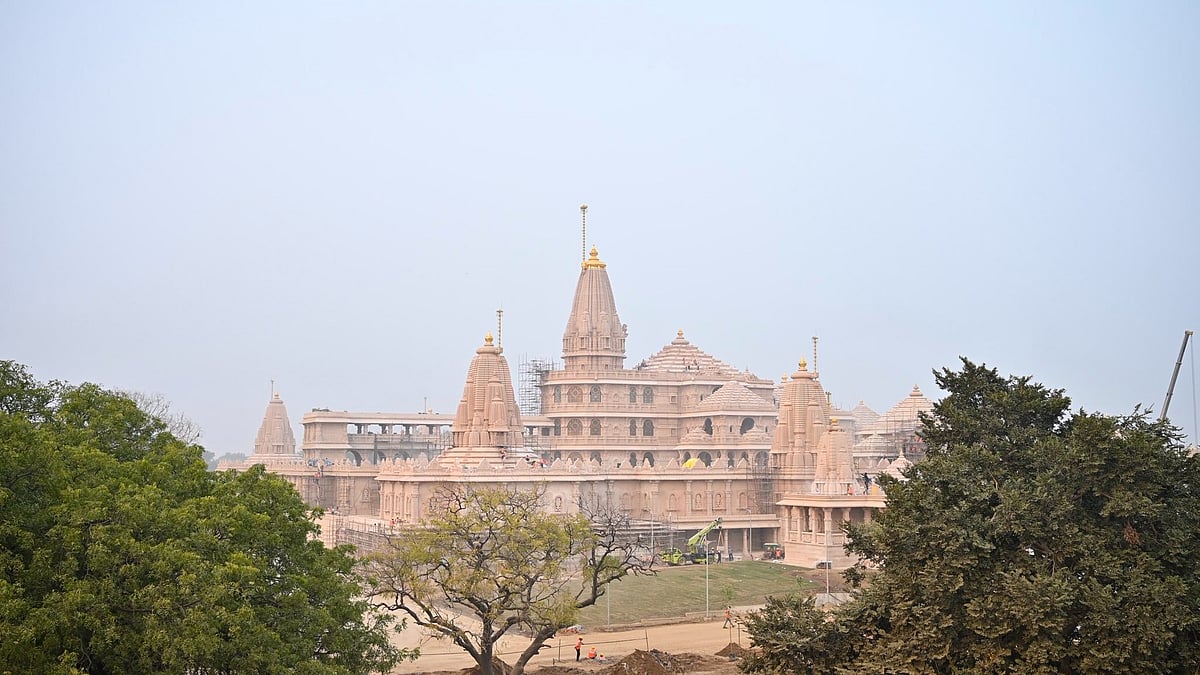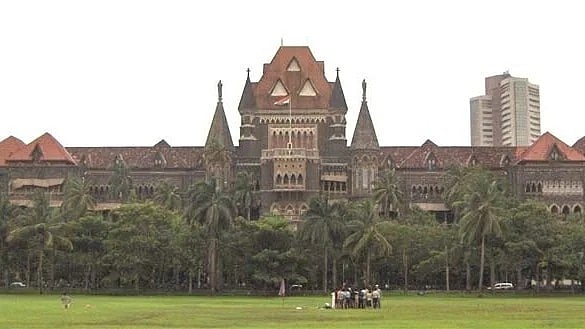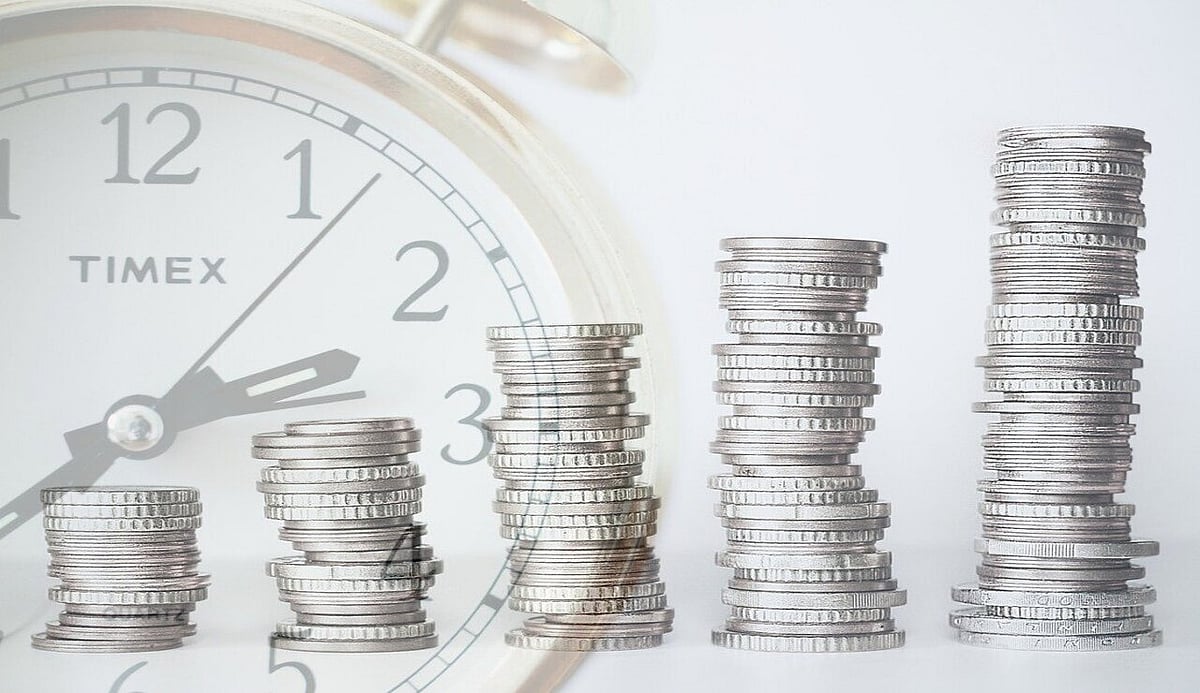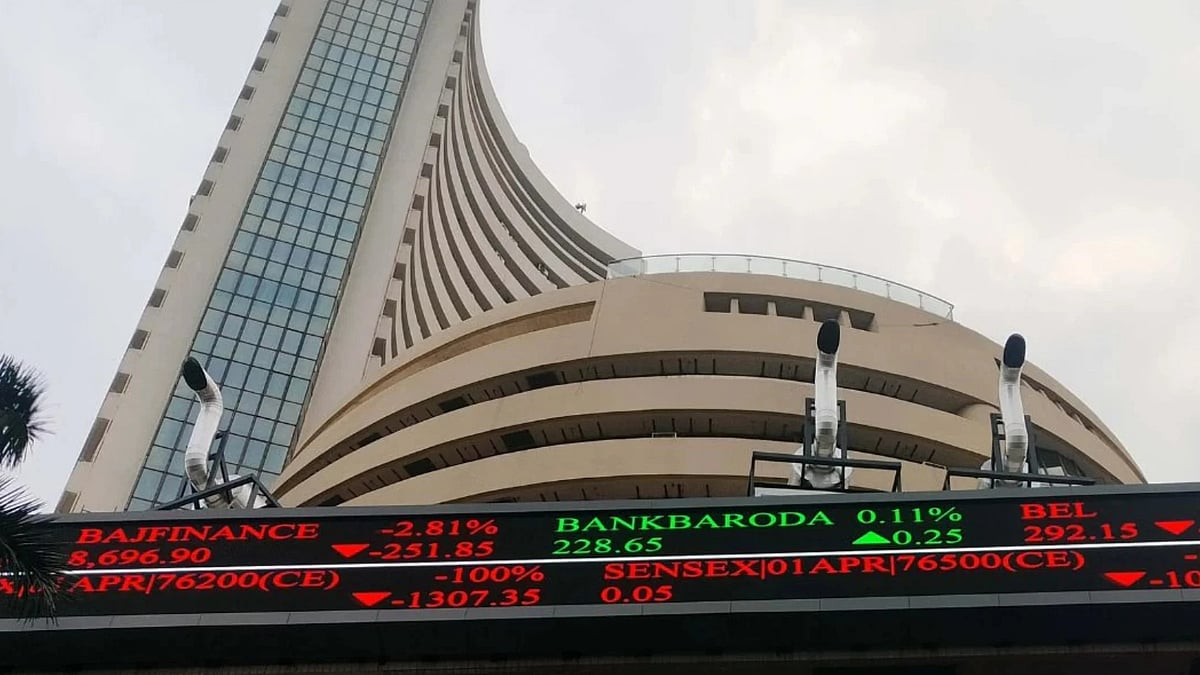GST has been in news for all the wrong reasons since its enactment. Once again, it is in the news over an issue, that has been a bone of contention between the centre and the states. While the central government attempts to fulfil the impending demand for compensation, the situation is clearly far from ideal.
The 41st GST council meeting ended on a dramatical note with Finance Minister citing an 'Act of God' which might even result in a contraction of the economy.
The meeting was particularly stormy on account of the central government's proposed plan on compensation that it owes to the states.
Much to the dismay of the states, the central government asked the state governments to borrow instead of paying the compensation by itself.
Delhi's finance minister Manish Sisodia even went to the extent of saying that the centre's refusal to pay GST compensation is the “biggest betrayal” in the history of federalism in India.
What is the tussle all about?
The bone of contention here is the GST (Compensation to States) Act, which refers to the central government's solemn commitment to compensate the states if there is a shortfall in revenue.
The centre had committed to pay compensation to states at the rate of 14% for five years in case of a revenue shortfall at the time of the enacting the GST. However, the centre, instead of fulfilling its commitment, has asked the states to borrow to bridge the compensation gap. The centre has argued that there was no provision in law for compensation in situations like a pandemic.
What is the centre's proposal?
The centre estimates the state's compensation requirement for FY2021 at ~3 lakh crore which includes around Rs 97,000 crore based on statutory rules and Rs 2.35 lakh crore based on COVID impact.
Now, due to the dried-up revenue sources, it is unable to compensate. Instead, it has proposed two options to the states:
Option 1:
States can choose to borrow only Rs 97,000 crore, the remaining compensation shortfall of Rs 1.38 lakh crore will accrue to them after June 2022.
Option 2:
If states choose to borrow the remaining Rs 1.38 tn too, the compensation cess accrued will be utilized towards repayment of the borrowing in the following years.
Also, to help comply with FRBM rules, the centre will provide relief of 0.5% of GDP (using the conditional relaxation provided in the AtmaNirbhar package). The states will have to communicate their choice in next seven working days.
How central government could fulfil its commitment?
Compensation cess collection remains central to the government's plan. Hence, to fulfil its commitment, the central government has three likely scenarios that it could adopt.
(1) An extension of compensation cess beyond the scheduled end-date of June 2022,
(2) increase in compensation cess rates, and
(3) inclusion of new items under the compensation cess.
According to Kotak institutional research, in all these possible scenarios,
the burden will be ultimately borne by the consumers. On aggregate, given the extent of shortfalls that are likely to persist, it will be difficult to argue for rate cuts/cess cuts.
Opposition ruled states are not convinced:
Revenue shortfall due to Covid-19 has tied the hands of the central government to fulfil its obligations. However, the states are adamant on the central government to do the bulk of the borrowing, rather than imposing it on states. Punjab finance minister Manpreet Badal also cited that, Compensation cess was only a temporary provision till FY22 in GST act. In the current plan, it will have to be extended beyond FY22 which is not an ideal situation.
Other voices have also raised the demand for compensating the states from the consolidated fund of the central government. Chhattisgarh health minister TS Singh Deo demanded to compensate states from additional revenues generated by excise duty hike on petrol and diesel. Since 2014, the centre has increased the excise duty on diesel by nine times and petrol by 3.5 times.
Key takeaways
The central government's finances are severely constrained due to revenue shortfall. The proposal of borrowing is far from ideal but it is the best that could be done. We maintain #Mandi outlook on the government's compensation plan but the situation could improve once revenue collection starts peaking up.

